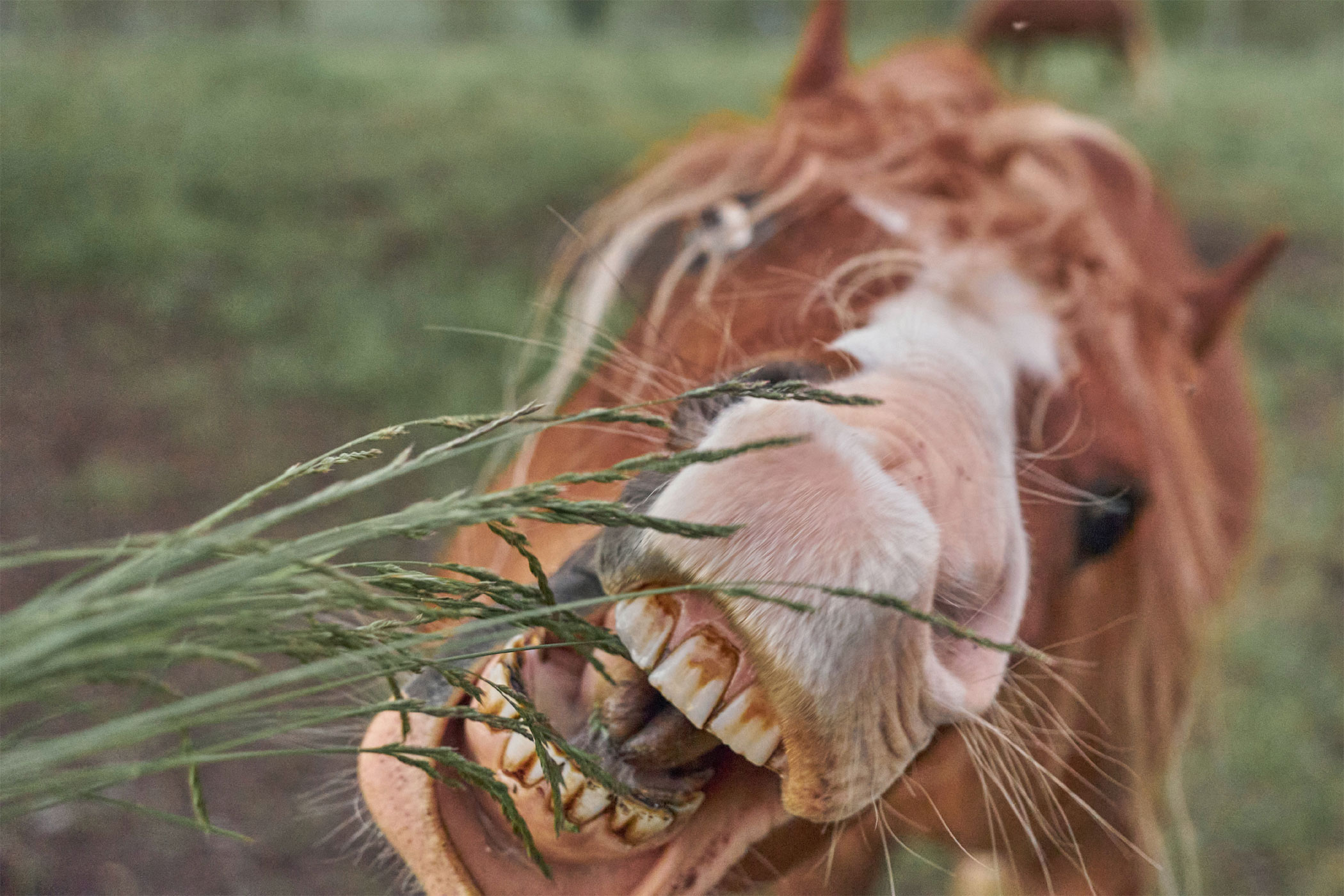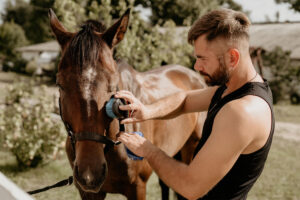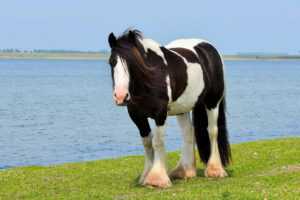
Equine Dental Health Month is an important initiative aimed at promoting the well-being of horses by emphasizing the significance of their dental health. Sponsored by Zoetis, a leading animal health company, this campaign seeks to educate horse owners about the crucial role oral care plays in maintaining their equine companions’ overall health and quality of life. In this comprehensive guide, we will explore the importance of equine dental health and provide practical tips for ensuring your horse’s oral well-being.
1: Understanding Equine Dental Health In this section, we delve into the unique characteristics of a horse’s dental structure and how it influences their overall health. We discuss the anatomy of their teeth, the importance of proper occlusion, and common dental issues that can affect horses. By understanding the fundamentals of equine dental health, horse owners can better recognize potential problems and take appropriate measures to prevent or address them.
2: Signs and Symptoms of Dental Issues Recognizing the signs and symptoms of dental problems is crucial in maintaining your horse’s oral health. In this section, we highlight key indicators that may indicate a dental issue, such as difficulty chewing, dropping food, weight loss, bad breath, and behavioral changes. By being attentive to these signs, horse owners can promptly seek professional dental care, mitigating potential complications.
3: Importance of Regular Dental Examinations Routine dental examinations are essential for identifying and addressing dental problems in horses. We emphasize the significance of scheduling regular check-ups with a qualified equine dentist or veterinarian. We explain the examination process, including the use of specialized tools, sedation if necessary, and the importance of floating (rasping) teeth to maintain proper alignment and prevent discomfort.
4: Dental Care Practices for Horse Owners In this section, we provide practical tips and techniques for horse owners to implement in their daily care routines. We discuss proper dental hygiene practices, including regular brushing, the use of appropriate dental care products, and providing horses with a balanced diet that supports dental health. Additionally, we explore the benefits of incorporating equine dental treats and toys into their routines.
5: Additional Considerations for Equine Dental Health This section covers additional factors that can influence equine dental health. We discuss the role of age, breed, and diet in dental care, along with the importance of vaccination and deworming protocols. Furthermore, we touch upon the significance of teamwork between horse owners, veterinarians, and equine dental professionals in ensuring optimal oral health for horses.
Conclusion: Equine Dental Health Month serves as a timely reminder for horse owners to prioritize their equine companions’ oral well-being. By understanding the importance of equine dental health, recognizing signs of dental problems, scheduling regular examinations, and implementing proper dental care practices, horse owners can contribute significantly to their horse’s overall health and happiness. Remember, a healthy mouth leads to a healthy horse!






